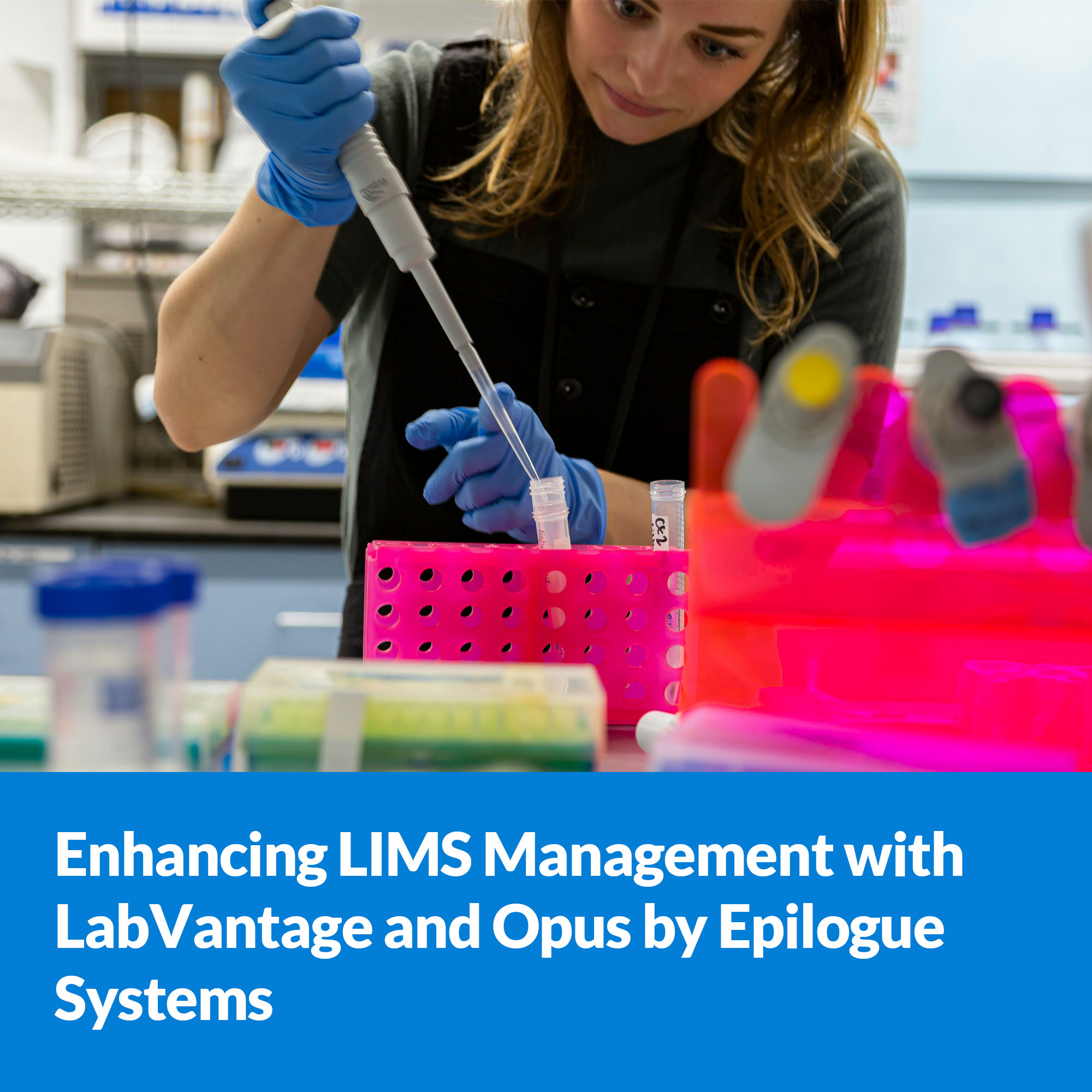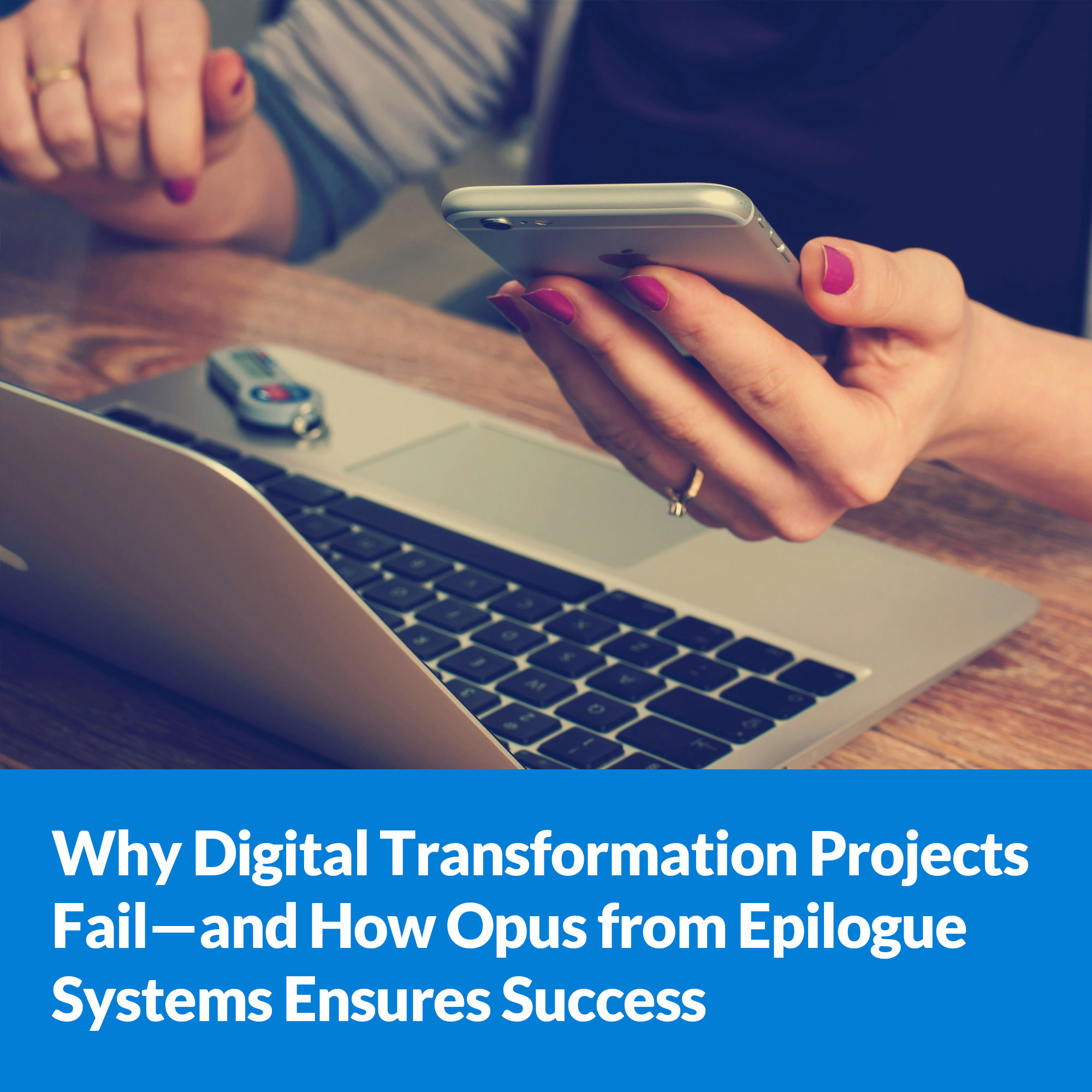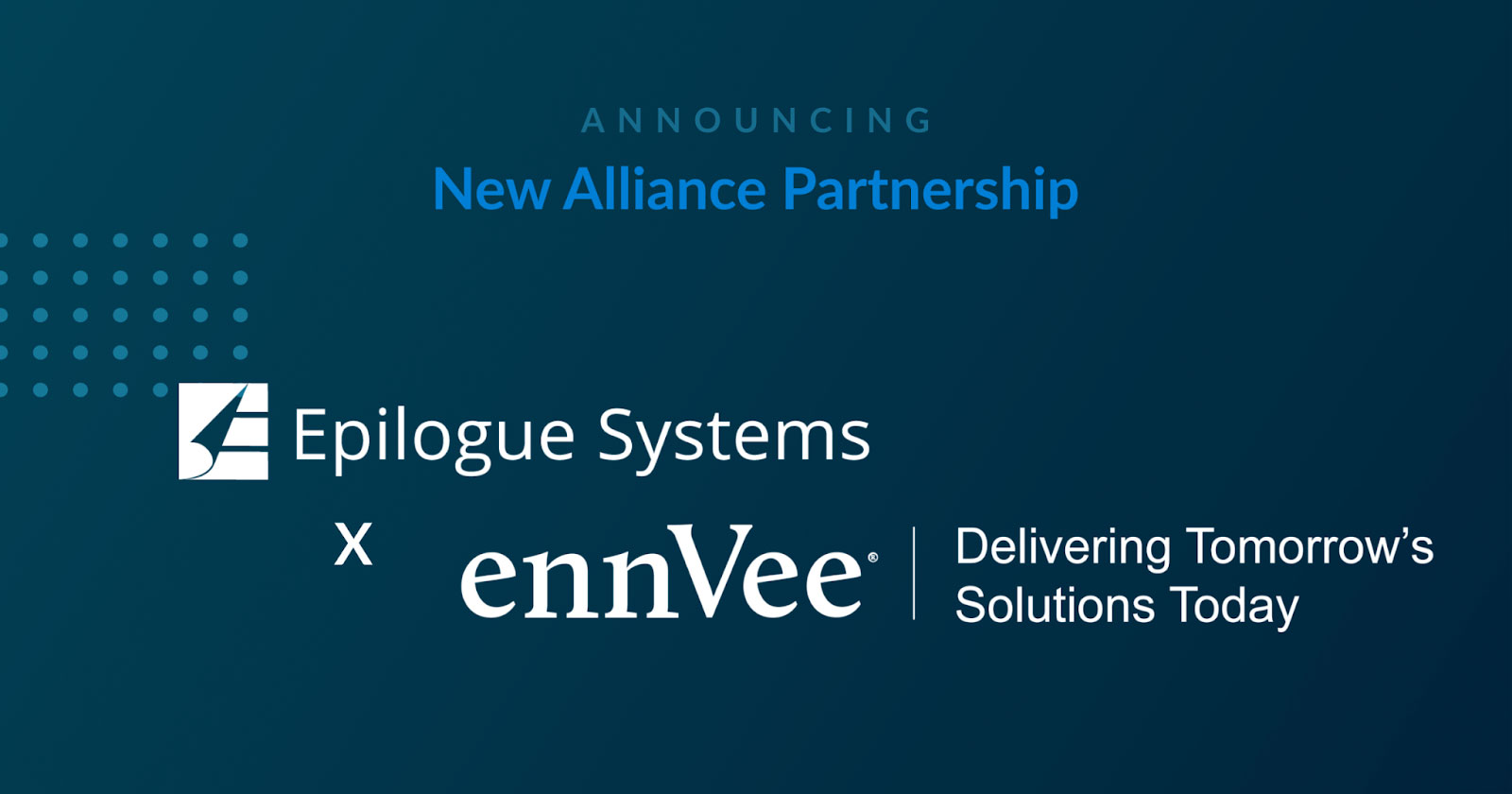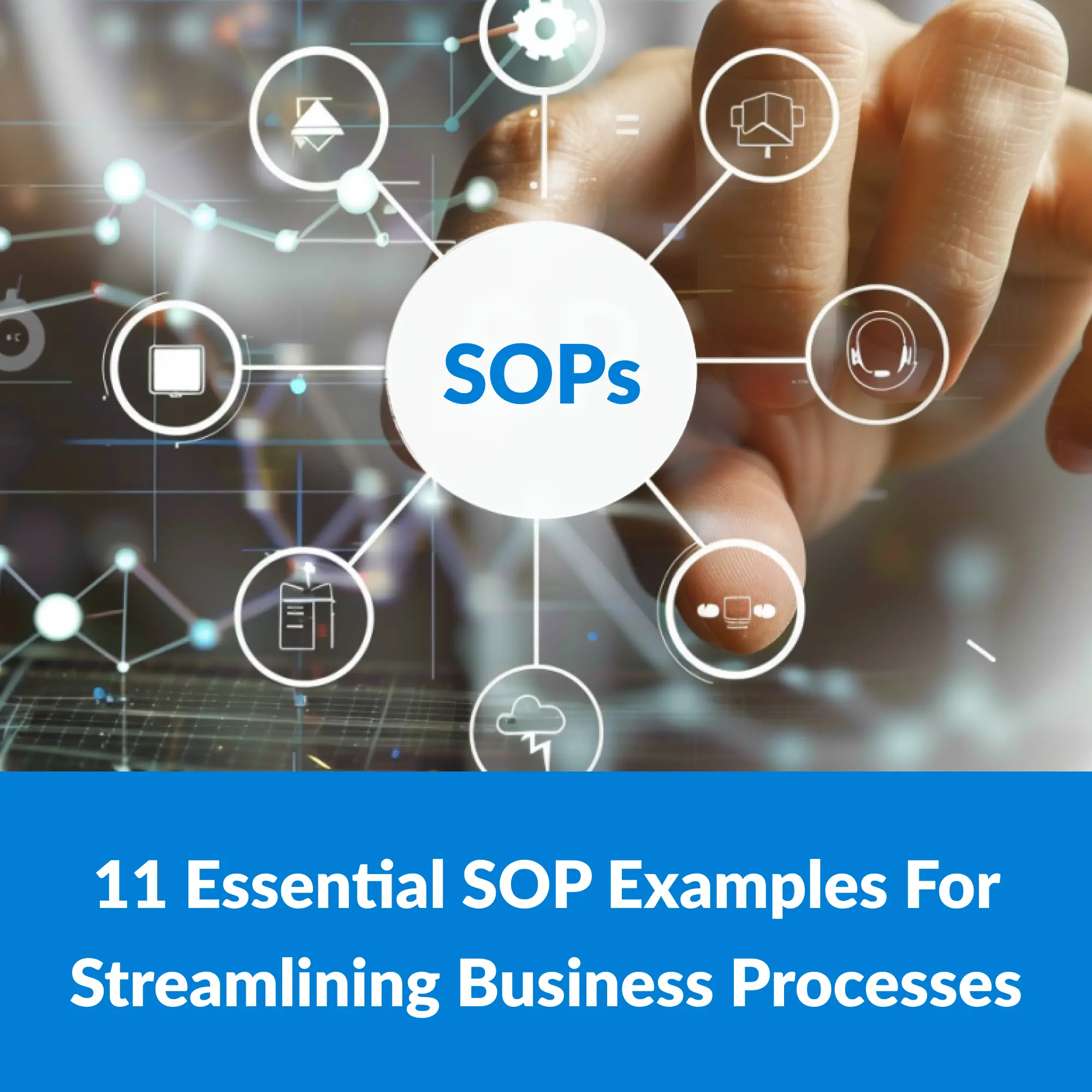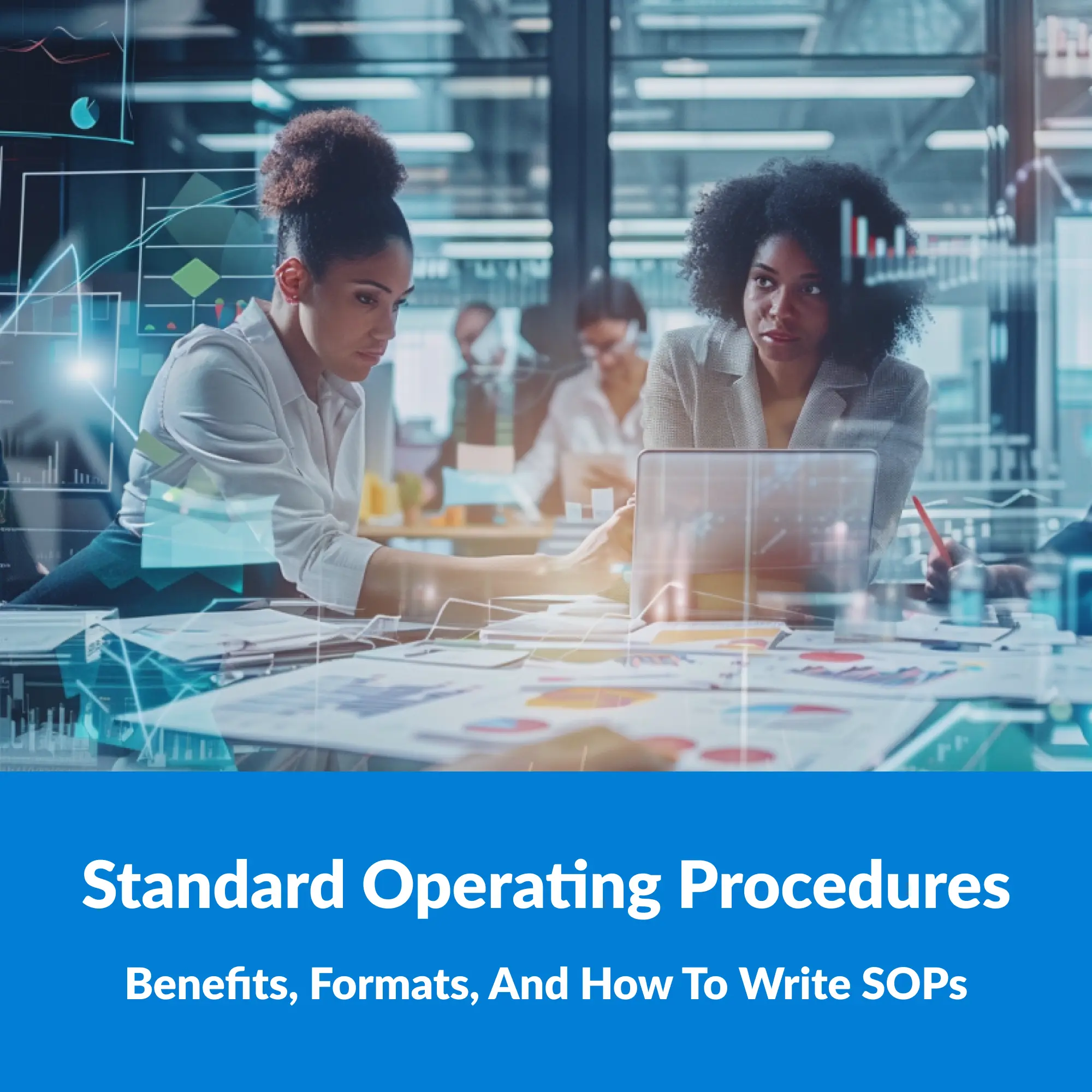A key employee, the one who seemingly knows how to fix any problem and navigate any company hurdle, announces their retirement. Panic sets in. Their departure feels like a looming disaster, a potential knowledge black hole threatening to swallow your organization’s efficiency.
This scenario, unfortunately, plays out all too often. But what if there was a way to capture that irreplaceable expertise and ensure it doesn’t walk out the door? The answer lies in a powerful force known as Institutional Knowledge.
Institutional knowledge, sometimes referred to as organizational memory, encompasses the collective expertise and learned experiences within a company.This article draws on diverse sources to underscore its significance and approaches for effective management. To delve deeper into this topic, comprehensive studies and expert analyses offer valuable insights.
What is Institutional Knowledge?
Institutional knowledge is a blend of accumulated facts, experiences, insights, and intuitions held within a company. This knowledge can be explicit, such as documented information and records, or implicit, such as skills and unarticulated expertise.
Types of Institutional Knowledge
Institutional knowledge is categorized into three main types, each serving a unique role within an organization’s memory structure. Understanding these categories helps companies effectively capture and leverage knowledge critical for their operations and growth.
1. Explicit Knowledge
Explicit knowledge is the most straightforward type of institutional knowledge to manage because it consists of information that can be easily documented, codified, and shared. This includes data in databases, manuals, procedures, formulas, and written policies that guide organizational practices.
Companies typically store this type of knowledge in shared drives, knowledge bases, and other document management systems, where it can be easily accessed and updated.
2. Implicit Knowledge
Implicit knowledge, also known as implied knowledge, refers to the know-how acquired through experience. It includes insights gained from past projects, best practices, and the subtle nuances of company operations that are not fully documented.
Implicit knowledge is often shared through storytelling or casual conversations and may be embedded in the company culture or operational approach.
A practical example of implicit knowledge is the understanding employees have of the organization’s workflow, which may not be fully documented but is crucial for efficient operation. This knowledge is typically transferred through on-the-job experiences, observations, and informal mentorship programs.
3. Tacit Knowledge
Tacit knowledge is deeply personal and hard to articulate. It consists of the skills, ideas, and experiences that individuals acquire over time.
Tacit knowledge is often context-specific and includes intuitions, hunches, and insights that do not easily translate into written words.
Why is Institutional Knowledge Important?
Institutional knowledge plays a pivotal role in the sustainability and competitive edge of an organization. Its importance can be observed through several critical aspects:
1. Enhances Decision Making
Institutional knowledge provides a rich reservoir of historical data and experiences that inform current decisions. Employees equipped with comprehensive knowledge about past projects, successes, and failures are better positioned to make informed choices that avoid previous mistakes and build on proven strategies. This cumulative wisdom accelerates decision-making processes and reduces the reliance on trial-and-error methods (
Valamis).
2. Facilitates Efficient Onboarding and Training
When companies have a robust repository of institutional knowledge, they significantly ease the onboarding process for new employees. New hires can quickly come up to speed by accessing documented procedures, historical context, and best practices. This not only shortens the learning curve but also enhances productivity, as employees do not have to ‘reinvent the wheel’ (
HR Daily Advisor).
3. Preserves Organizational Culture and Identity
Institutional knowledge is a critical component of an organization’s culture. It includes not just technical knowledge and processes, but also the stories, traditions, and values that define the company. Maintaining this knowledge helps preserve the organizational identity and fosters a sense of continuity and belonging among employees (
Tettra).
4. Supports Innovation and Continuous Improvement
By having access to a comprehensive body of knowledge, employees can build on existing ideas and innovate more effectively. Understanding what has or has not worked in the past guides the development of new solutions and can spur creative approaches to problem-solving. Organizations that actively manage their institutional knowledge often find it easier to adapt to changes and embrace new technologies (
Valamis).
5. Mitigates Risk Associated with Turnover
High employee turnover can pose significant risks if critical knowledge is not captured and retained. Institutional knowledge ensures that valuable insights and skills remain within the company even when employees leave. This continuity is crucial for maintaining operational stability and ensuring that essential functions are not disrupted (
HR Daily Advisor).
6. Drives Customer Satisfaction and Service Excellence
Institutional knowledge includes understanding customer preferences, past interactions, and specific needs. Employees who are well-versed in this aspect can deliver superior customer service, tailor their approaches to meet client expectations, and foster long-term relationships. This level of service excellence directly impacts customer loyalty and satisfaction, ultimately contributing to the organization’s reputation and success (
Tettra).
This industry benefits from simulation training for drivers and logistical planning. Driving simulators help train bus, truck, and train drivers, providing them with the experience of operating vehicles in various weather conditions and traffic scenarios without the risk of an actual accident. Logistic simulations help plan routes efficiently, manage warehouse operations, and optimize supply chain processes.
How to Preserve Institutional Knowledge
Preserving institutional knowledge is crucial for maintaining continuity, enhancing productivity, and fostering innovation within an organization. Effective strategies for safeguarding this invaluable asset include both traditional and modern approaches:
1. Documentation and Standardization
The most fundamental method for preserving institutional knowledge involves thorough documentation. This includes creating detailed manuals, standard operating procedures, and process maps that outline critical workflows and company policies. Regular updates to these documents ensure they remain relevant and can serve as a reliable reference for both current and future employees.
2. Leveraging Digital Adoption Platforms
Implementing digital adoption platforms (DAPs) is a modern solution to the challenge of preserving institutional knowledge. Platforms like
Epilogue Systems Opus offer sophisticated tools that guide employees through complex software applications directly within the app. This not only helps in retaining critical knowledge about operational processes but also ensures that employees can perform tasks with higher accuracy and efficiency. By embedding guidance directly into the workflow, these platforms help capture tacit and implicit knowledge, making it easier for new hires to learn from existing practices without direct input from experienced staff.
3. Training and Mentorship Programs
Structured training and mentorship programs are vital for transferring knowledge from seasoned employees to newcomers. These programs allow for the direct transmission of tacit knowledge and can be tailored to address specific skills or areas within the company. Mentorship, in particular, helps in nurturing a culture of learning and knowledge sharing, which is essential for preserving institutional memory.
4. Cross-functional Teams and Collaboration
Encouraging cross-departmental collaboration helps break down silos and ensures that knowledge flows freely across the organization. By involving employees from different backgrounds and specialties in projects, companies can foster a more holistic understanding of how various aspects of the business interconnect, thereby preserving and enhancing institutional knowledge.
5. Use of Technology for Knowledge Repositories
Technology plays a critical role in knowledge preservation. Tools such as intranets, corporate wikis, and cloud storage solutions allow organizations to centralize knowledge and make it accessible to all employees. These technologies can store everything from video tutorials and webinars to discussion forums and blogs, providing a dynamic and interactive platform for knowledge sharing.
6. Succession Planning
Effective succession planning ensures that crucial knowledge is retained within the company even when key employees leave or retire. By identifying and preparing future leaders to take over critical roles, organizations can mitigate the risk of knowledge loss and maintain operational continuity.
Conclusion
Institutional knowledge is a strategic asset that fuels informed decision-making and innovation. As businesses evolve, the intentional capture and transfer of this knowledge are paramount to nurturing a resilient and informed workforce. By implementing robust knowledge management strategies, organizations can thrive in an ever-changing business landscape.






